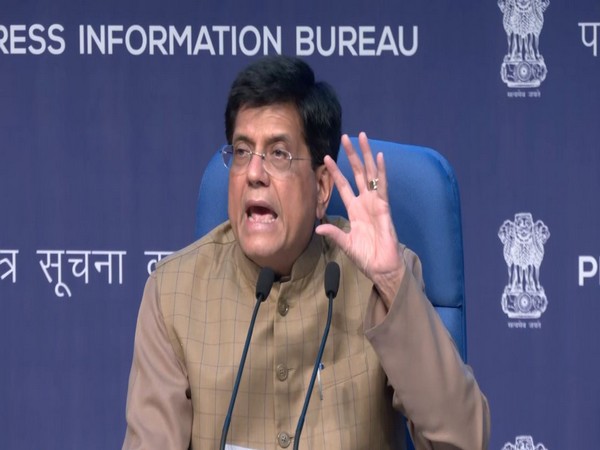New Delhi [India]: The Union Cabinet chaired by Prime Minister Narendra Modi on Thursday approved the proposal of the Department for Promotion of Industry and Internal Trade for Uttar Poorva Transformative Industrialization Scheme, 2024 (UNNATI – 2024) for a period of 10 years from the date of notification along with eight years for committed liabilities at a total cost of Rs 10,037 crore.
Commerce and Industry Minister Piyush Goyal told the media after a meeting of the union cabinet that the scheme is proposed to be divided into two parts.
Part, A caters to the incentives to the eligible units (Rs. 9737 crore), and Part B, is for implementation and institutional arrangements for the scheme. (Rs. 300 crore).
The proposed scheme envisages approximately 2180 applications, and it is anticipated that direct employment opportunities of about 83,000 will be generated during the scheme period. A significant number of indirect employment is also expected to be generated, an official release said.
The scheme will be effective from the date of notification and up to March 31, 2034 along with eight years of committed liabilities.
DPIIT will implement the scheme in cooperation with the states.
The release said that the Centre has formulated New Industrial Development Scheme, UNNATI (Uttar Poorva Transformative Industrialization Scheme), 2024 as a central sector scheme for the development of industries and generation of employment in the states of North East Region.
“The scheme’s main objective is to generate gainful employment, which will lead to the area’s overall socio-economic development. It will create productive economic activity in the manufacturing and service sectors,” the release said.
“Industrial development in the NER needs to be given a fresh thrust with emphasis on job creation, skill development, and sustainable development by attracting new investments and nurturing existing ones. However, to maintain a proper balance between the industrial growth and pristine environment of the NER, certain industries are kept in positive list such as Renewable energy, EV charging stations etc and there is a negative list for certain sectors which may hamper the environment such as cement, plastic etc,” it added.

